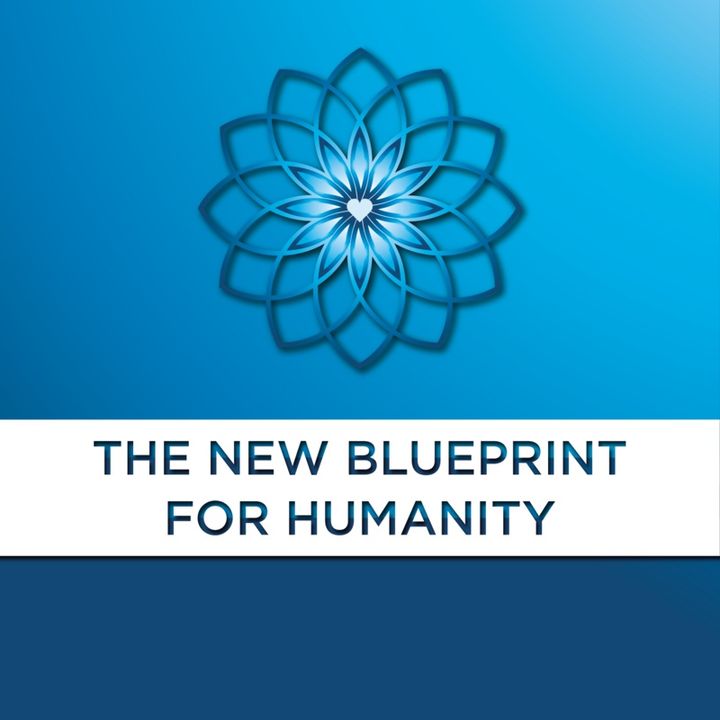Why this is needed:
Insurance evolved from assurance in the 17th century, where one party assured the safety of a ship or its cargo, or made good any potential loss against the ship or its cargo. Insurance falls under Admiralty Law jurisdiction as a debt security with associated penalties and obligations. According to UCADIA, Assurance provides a surety, which is a promise, pledge or guarantee. Surety is a solemn promise in good faith and trust. On the other hand, a security is an artificial form of trust and provides a bonding given without assurance. Thus, assurance is always superior underwriting to insurance.
People purchase insurance to protect themselves financially from future uncertainties as follows:
• Safety – e.g., Life Insurance (excluding death benefits)
• Loss – e.g., Fire, Flood, Property, Auto, Health, Accident, Sickness, Death Benefits.
• Liability – e.g., born from the risk of injury to third parties, covering trespass, wrongful acts, contracts, production and events.
Like banks, insurance companies collectivize these funds and use them to pay out current claims and use the rest to invest. An insurance company has a bond with its clients, which is secured by an investment in some asset. Insurance companies also harvest our life force energy by collecting funds from less advantaged communities, investing them in wealthier localities globally, and then reaping the investment profits to create secondary markets. Insurance companies are just as involved in the monetary power accumulation as banks with their depositor demands, yet more so, because they maintain total control over payouts on contingent claims.
Solution:
- Return to assurance surety from insurance security to backstop claims. This requires the end of corporate ownership and the return to the principals that guarantee claims in the first place. The principals are members equal to the people themselves in assurance cooperatives.
- Correct the corrupt insurance market: Stop all advertising, competition, maintenance of 40-story-building privateering empires, etc.
- Accumulate funds to be invested. The assurance cooperative will work with the Trust to invest locally along with the Trust. The Trust will act as reinsurer to cover any shortage in payment of excessive claims.
- Cut out for-profit insurance brokers and retain local agents to assist clients. Cutting out medical insurance alone will lower the cost of healthcare in America by over 40% due to excessive administrative costs. This will dramatically curtail the $4.1 trillion USD spent on American healthcare today.
- Action pre-negotiated rates and premiums according to simple standards in the transition, mutualized over low, medium and high risk rubrics within specified communities by measures such as where people agree not to live (coastlines, volcanoes, flood plains), and such as how people agree to live (eschewing pharma and engaging in other behaviors of self-mastery). There may be cases where it makes sense to devise risk classes by geographic/regional boundaries rather than by corporate enclosures (States).
- In the peoples’ healthcare market, use pooled funds from resources left over from premium structure to pay all support functions of the system, and offer aid and assurance to those with critical needs on a pre-negotiated, reasonable basis so families know what to expect. As people get well, the value of the pooled funds increases to serve those in more critical need.
- Claimants’ requests should be reasonable, not asking for inflated amounts, which will only be denied. Stop the limited economic pie game as it only adds to uncertainty and mistrust due to competition for funds.
- Implement rapid teaching and learning curricula for the body-mind-spirit, which is to find and maintain the authentic self through human feeling and expression in all aspects and protections of life, be it through denial of consent, affirmations and agreements, energetic shielding and other techniques, Socratic learning, and internally adapting the spirit to the vitalization of the physical vessel and what lies in its field of use for the purpose at hand.
Who gains:
Lower premiums from reduced costs will increase disposable income for all and provide better lifestyles, reduced stress and more savings. These savings can fund self-assurance and reduce the need for purchasing insurance. New members of communities will gain from wise insights of elders to guide them, and the aged in the collective will gain when younger people contribute to assurances underwritten to support them in their greatest time of need. Advocating for healthier lifestyles and natural life processes improves health of communities overall, reducing costs and freeing up resources for elders in end-of-life care.
Who benefits:
Individuals, families and communities will benefit from exercising alignment with the laws of the universe and the virtues and fortitude of right knowledge ― self-control being knowledge of right choice and what must be endured and what must not be endured, and justice being right knowledge in the distribution of essential needs. Knowledge of the true order of things will instruct the people when they are bringing harm to themselves and those around them, and they will cooperate on a less material, more organic basis with the laws of intent to create a world in which all true needs are supplied ongoing.
[Source: The Covenant of One Heaven, Maxims of Divine Law, Global and North American Union Charters and Canons of Fiduciary Law]





